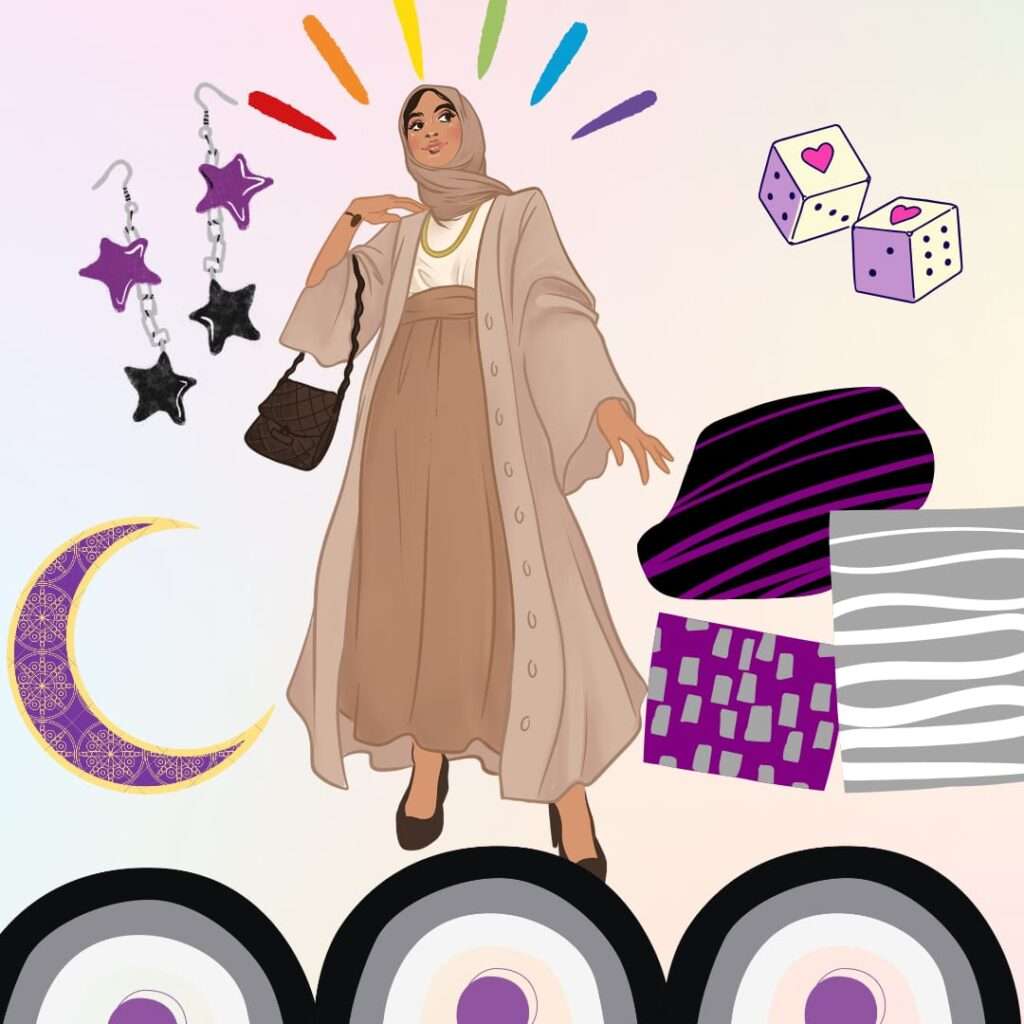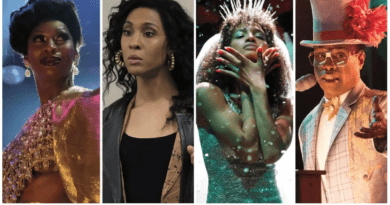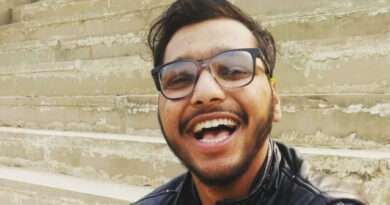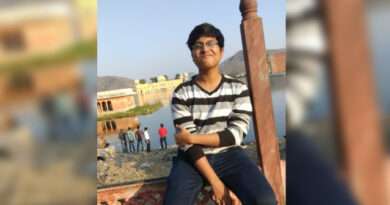Muslim and Asexual: Redefining Identity in a Complex World
When I was growing up I never imagined I’d be able to read the words of Queer Muslim
activists, artists and writers all over the world. In some ways though, this can be as
much as a curse as it is a blessing, when it becomes apparent how much some parts of
the ummah despise us.
I thought I was a good Muslim for not wanting to look at shirtless guys. I’d mostly look at
my feet at the beach or cringe whenever a male lead exposed his abs in a drama. My
friends would call a guy “hot” and I’d nod but internally, I couldn’t care less. I thought I
was practicing modesty but these acts didn’t have anything to do with being a good
Muslim. I didn’t look at men that way and still don’t because I am asexual.

I’m confident enough to share that I am asexual to people I’ve just met. However, I still
hear the same responses as I did when I was figuring out ny orientation. Some version
of one these three-
“How do you know?”
“You won’t know until you try.”
“Maybe you just haven’t met the right guy yet.”
As an asexual, I’ve heard these statements far too often. I’ve grown to expect it. I am
tired of explaining myself over and over. It is easier to keep mum about this. There is
nothing to judge if there was nothing said.
I’ve made one too many statements that have been deemed controversial.
Once, I was explaining to my close friend about my sexuality and what it meant to me. I
told her that I wouldn’t mind being a second wife if I had a deep platonic connection to a
man or even a woman or a non binary person, I could marry them. They could have
romantic and sexual connections with another woman. As long as I was accepted for
who I am, I wouldn’t mind. Her face was appalled. She questioned why I would subject
myself to that kind of treatment. She told me I deserved better than that. However, it
didn’t feel like mistreatment. It made sense to me.
There is pressure for girls to please boys and for wives to be readily available to their
husbands. Some people even believe it is one of the duties of a Muslim wife. A duty I
would never want to be forced to do.
When your sexual orientation cuts you off from how your community or your society
expects you to experience and express your sexuality, when you have to search for
alternative interpretations and obscure texts to justify the existence of your sexual
orientation and its validity within the religion, when you have to tell people that your
sexual orientation is not “normal”, is not how they believe God created everybody to be,
you’re queer.
Being asexual and Muslim has often meant a profound loneliness and a silence about
everything that made that loneliness. That’s a queer experience too, to be isolated and
alone because of where your sexual orientation puts you, and to not be able to explain
why.
I’m not angry; I’m just tired. It’s easier to sigh and turn towards something else, anything
else, in search of satisfaction or distraction. It’s easier to retreat from my own people.
Defeatist logic makes simple the equation: why labour to explain when spilling my words
upon the world results only in its unchanged existence?
I’m simultaneously both too queer and not queer enough, and too Muslim and not
Muslim enough. Or maybe I should say I’m not the right kind of queer, as an aromantic
asexual. And not the right kind of Muslim as someone who was gaslit by a person
appropriating Islam and is slowly trying to regain my faith.
I was told that in Islam marriage was compulsory. A sunnah that was in fact farz upon
Muslims. Moreover, an unmarried woman is frowned upon.
I have come to understand that I not only am not interested in sex but that I would be
harmed emotionally, mentally, and spiritually by being required to have it. That marriage
would be a source of trauma and oppression for me because of the expectation that I
provide something I am so deeply repulsed to. My needs shouldn’t be seen as
disobedience to Allah.
Being gay/bi/lesbian too is considered a taboo in India, but it is not considered
impossible. After all, it still involves sexual attraction. But for them, asexuality is an
impossibility. Yet, history is full of several asexual people. Like Sawda bint Zam’a, a
potentially asexual woman, whose husband Muhammad accepted this and sought to
fulfill his sexual needs through polygamous marriages with other women.
The problem with the idea of an asexual woman is not legal or religious or even cultural.
At the very core, it is about a woman having agency over her body and her life. A very
basic right, yet so radical. It challenges the society which requires a woman’s
reproductive labour to operate. It threatens to break away from these patriarchal and
capitalistic norms. Without the nuclear hetero family, the capital order collapses.
Therefore, it must protect itself by convicting people who don’t comply, people like me.
Asexuality is an ambiguous term. Everyone has their own interpretation of it. And that to
me is its beauty. You get to define yourself. For me, it means not having any sexual
attraction towards any gender. In no way is that a lack. I am whole in every way.

In the last few years, I’ve been able to share stories with a number of other asexual
people at a local lgbtq+ centre, even coming across an asexual Muslim person. But not
knowing name for it in my teens meant years of bewilderment, alienation, and isolation.
Invisibility hurts. It hurts perhaps the most when you’re invisible even to yourself. And it
hurts when you’re invisible to everyone else. It’s been over five years since I first
learned about asexuality and I still almost never hear or read about it except in asexual
spaces. Almost every week, I see discussions of human sexuality that leave out the
existence of asexuality. Almost every week, I see myself declared an impossibility.
In such circumstances, reading becomes a safe space for me, a place where I could
explore the things I really cared about, instead of having to deal with other people’s
expectations I didn’t understand and didn’t seem to be able to meet. I found being
asexual by reading Let’s Talk About Love by Claire Kann and later Alice Oseman’s
books helped me question my romantic orientation and come to terms with it. Literature
was a soft, empathetic balm to this harsh duality of demands.
Asexuality needs to be more than just an online curiosity read that’s easily forgotten.
Asexuality needs to be named and recognized as part of the diversity of Muslim
experience. Asexual Muslims need to be welcomed and accepted as integral members
of Muslim communities. After all, my Islam and my asexuality, my queerness, are part of
the same experience, so intertwined that they could not exist without each other.



